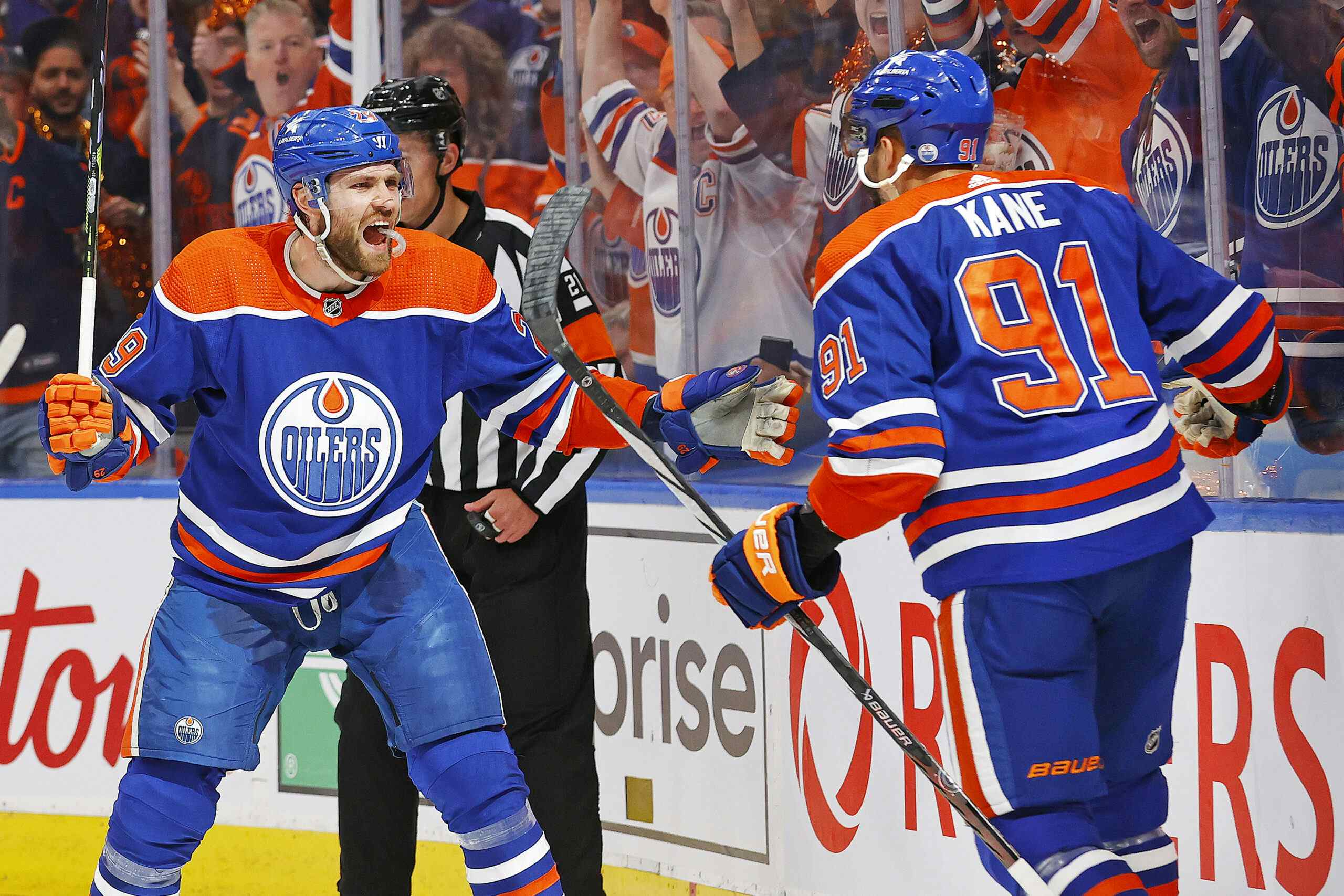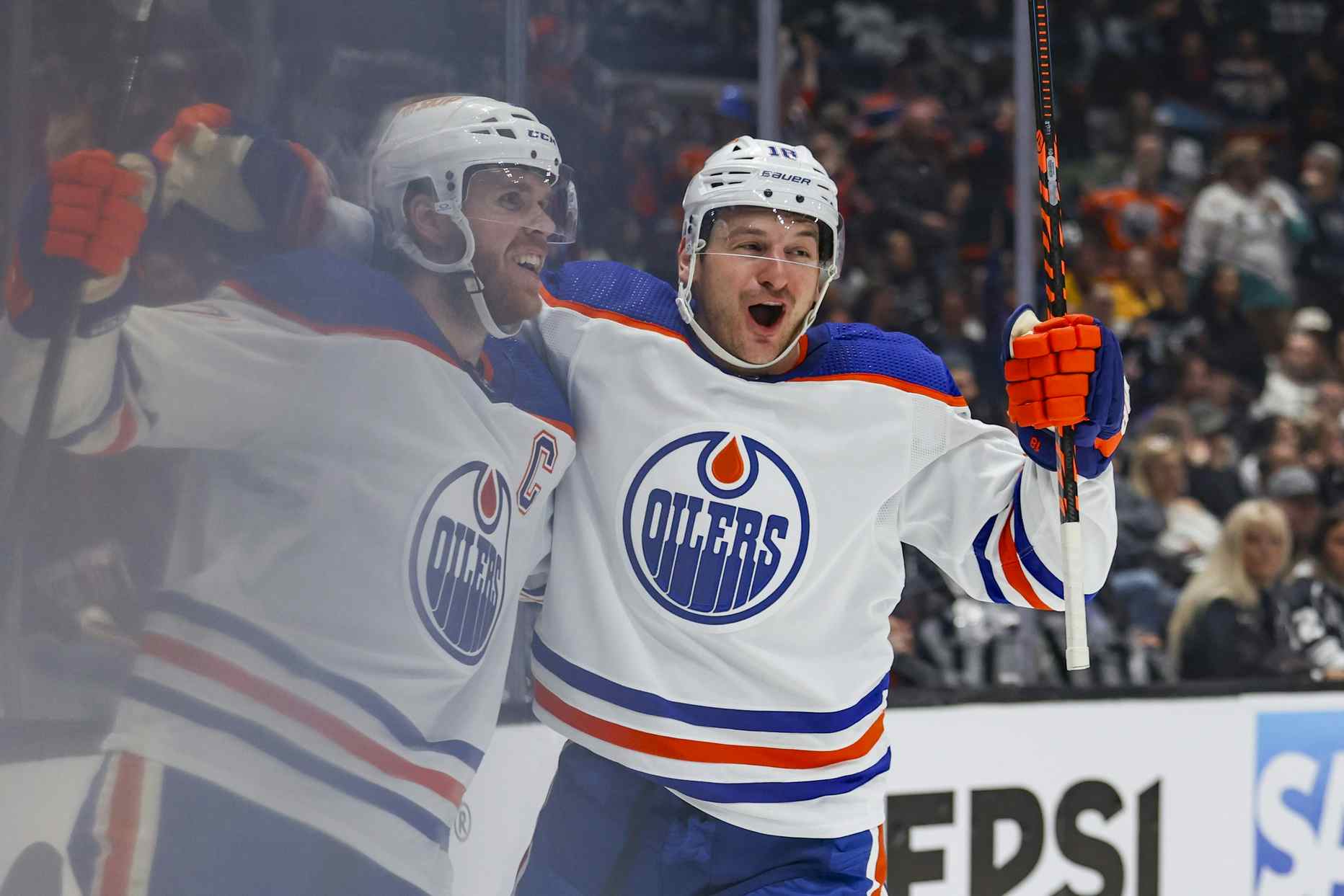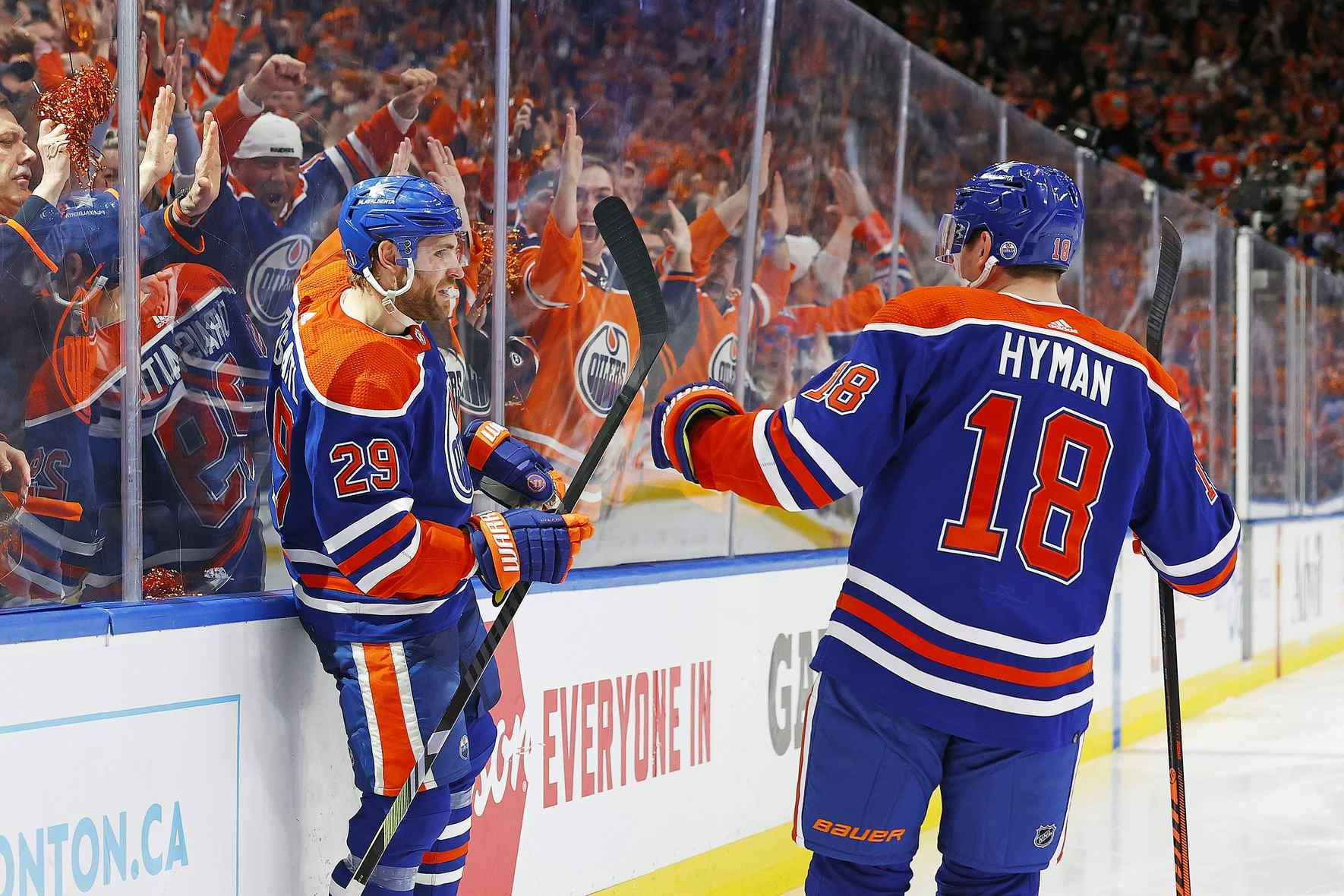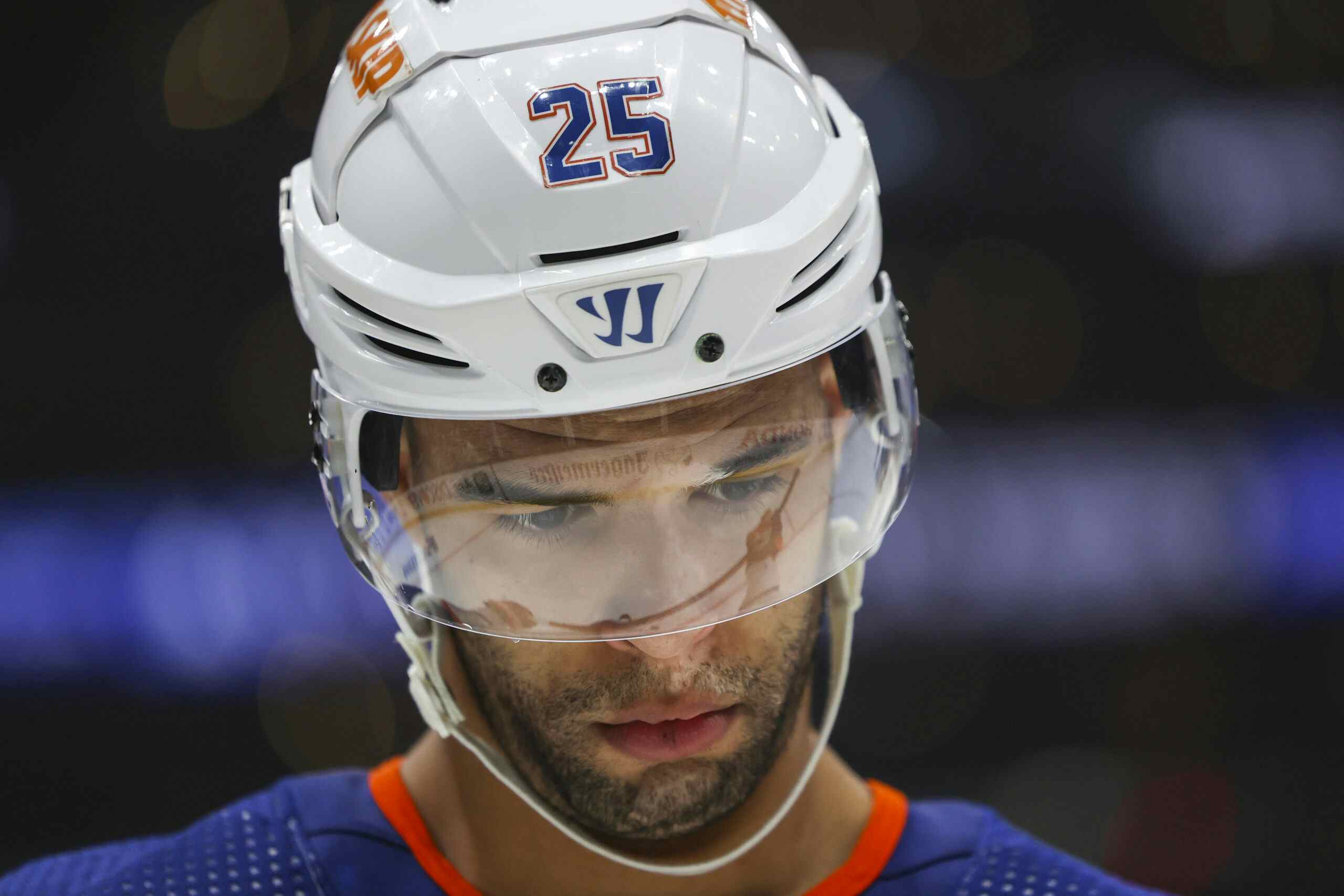What Peter Chiarelli’s summer work says about the defensive market

The too-often-ignored truth about the NHL trade market is that it’s extremely hard to force a deal. For a team like the Edmonton Oilers—who have been hunting for a big fish defenceman for years now—that’s been awfully frustrating.
The good news is that the new general manager seems both willing and able to make sure the Oilers are players in the deals that do become available.
Forcing a Deal

“Throw Taylor Hall at teams until a defenceman shakes loose!” seems to be a common theme here and elsewhere, but the truth is that things aren’t that simple. Teams build around franchise defencemen, so for Arizona to do something like trade Oliver Ekman-Larsson, it would involve the team basically abandoning its current long-term plan in favour of something else. They aren’t likely to do that.
A gratuitous overpay for a developing defender like Seth Jones or Adam Larsson might be possible, but “gratuitous overpay” generally isn’t a good way to go about things. Edmonton might look back two years later and find it had dealt a top-three left wing in the NHL for a defenceman who never evolves into a true No. 1.
The best example of a team trying to force a deal that I can think of involves the Philadelphia Flyers’ quest for Shea Weber. The Flyers and Predators were in prolonged trade talks, but finally Philadelphia decided they weren’t getting anywhere and went with the nuclear option: a heavily front-loaded offer sheet designed to force small market Nashville to relinquish their franchise cornerstone.
Improbably, the Predators found the money. One might make the argument that Nashville would be better off with four first-round picks from the Flyers and a pile of salary space, particularly with their emerging defenders, but the point here is that Philly thought it had the Preds over a barrel and it ultimately didn’t lead to anything but disappointment.
Taking What Comes Available

What a general manager can do is make sure he’s in position to take advantage of the players teams decide to make available.
Garth Snow did this really well in the fall of 2014. Boston and Chicago were in tough positions where salary cap sacrifices became necessary. Both teams declined to make their best defencemen available, but ultimately opted to shop key supporting pieces Nick Leddy and Johnny Boychuk. Snow’s Islanders had the cap space, the assets and most importantly the will to pull the trigger on the deals they could make. Edmonton might plausibly have outbid the Isles for one or both of those players; instead they hoarded their assets and spent money on Nikita Nikitin and Mark Fayne.
Peter Chiarelli has already shown he’s willing to pay to make sure his team is competitive for the good defencemen who become available. Reports from credible journalists suggest that the Oilers made an offer for Dougie Hamilton just as good (if not better) than the one Calgary made. It’s hard not to read pettiness in the Bruins’ decision to deal with the Flames instead, but there wasn’t much that Edmonton could do to change that, short of surrendering Darnell Nurse, which would have been a mistake.
With Hamilton closed to him, Chiarelli targeted the next-best defensive fit for the Oilers: Griffin Reinhart. Reinhart was an NHL-ready defender who could plausibly shore up the depth chart in the short-term and be a key piece in the long-term. I was critical of the deal at the time and still don’t feel it represented good value for Edmonton, but that’s what was available. Chiarelli went out and got the best fit he could for both the short- and long-term, and he paid what he had to pay to make the deal work.
When free agency rolled around, Chiarelli went out and signed Andrej Sekera. Looking back at the summer free agent market, Sekera was the best defenceman available for the Oilers needs: a relatively young veteran capable of filling the No. 2/3 slot in the short-term and contributing over the long haul. He paid what he had to pay to land him on July 1.
We can argue whether the trade price on Griffin Reinhart or the contract cost for Andrej Sekera represent good value for the Oilers. What isn’t arguable is that Chiarelli ignored a bunch of better defencemen. It’s not possible to force other teams to give up good defencemen they don’t want to part with; it’s only possible to make sure that when one shows up on the market Edmonton is at the forefront of suitors. Chiarelli did that.
RECENTLY BY JONATHAN WILLIS
Recent articles from Jonathan Willis





